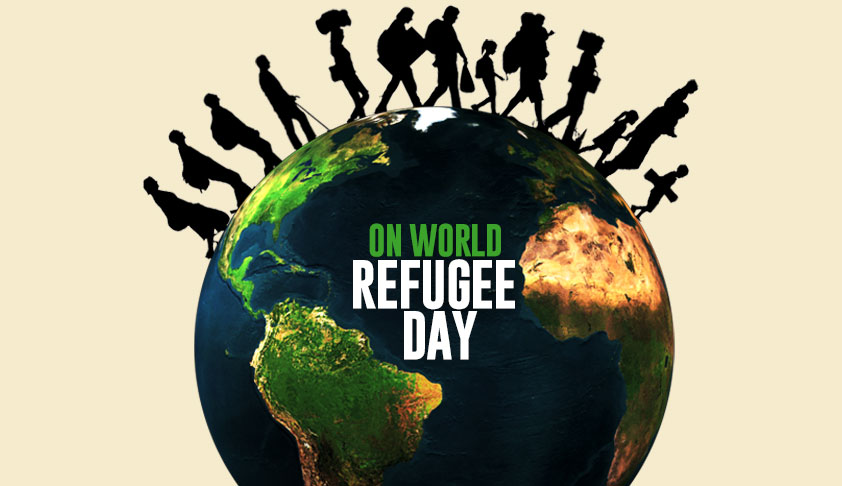
World Refugee Day was observed again on 20 June 2024, Thursday where the World Health Organization joined the United Nations High Commissioner for Refugees (UNHCR) to recognize and honor the lives and struggles of refugees around the world. This year, the theme was “Solidarity with Refugees”.
What was celebrated was their courage and resilience and the significance of “inclusive health systems” was emphasized in the light of ‘health rights’ that should allow equal access of healthcare to the refugees worldwide.
A look on to the Statistics.
According to UNHCR, 40% among the 110 million people “forcibly displaced” worldwide were children under the age of 18 years by mid-2023. The new estimation around the end of the same year marks the overall statistics to surpass 117.3 million under which 37.6 million have been explicitly considered refugees. New host countries of such displaced people are usually developing countries that are subject to low- and middle-income levels.
As per “UNHCR’s Refugee Population Statistics Database”, 73% and 39% of “all refugees” and other people in international protection’s need come from only 5 counties and are hosted in only 5 countries respectively. From Afghanistan, 6.4 million people have fled to other regions; from Syrian Arab Republic – 6.4 million; from Venezuela – 6.1 million; from Ukraine – 6.0 million; and from South Sudan – 2.3 million. Reportedly, Islamic Republic of Iran hosts 3.8 million displaced people; Türkiye – 3.3 million, Colombia – 2.9 million, Germany – 2.6 million, Pakistan – 2.0 million.
Why is World Refugee Day celebrated?
The term ‘refugee’ is used for a person who fled his homeland because of a potential threat – natural or man-made like natural disasters or persecution, war, or others. Such a person is forced to try and find a better life in a new country, away from these threats.
On the list of international days that are recognized globally, a day for refugees was also added in the year 2000, and since 2001, it’s observed every year on the 20th of June worldwide. This is to recognize the existence of refugees who are “vulnerable” and often thought of as illegal immigrants. The struggles and hardships of their lives are important, they matter, and they should be known by the rest of the world. It’s also important to note that they are not only the “recipients” of shelter but “active contributors” in the new land just like the migrants. So, the World Refugee Day is about celebrating their strength along with “honoring their contributions”.
Despite the introduction of terminologies and written recognition, the displaced people are forced to live a life that’s devoid of necessities like healthcare, education, sanity, freedom and others. The international bodies aim to decrease this persisting problem on a global level.
The 1951 Convention
After the world witnessed layers of refugees fleeing and entering other nations in the aftermaths of the World War 1 and World War 2, a convention “relating to the status of refugees” was adopted in the year 1951. It happened in a conference in Geneva, Switzerland after multiple conventions were made in different countries.
Later, amendments were made in the convention to “broaden the applicability”. Earlier it was “restricted” to people who turned into refugees due to the world wars or the “events occurring in Europe” and the timeline was before 1 January 1951. According to the 1967 protocol, the “geographical” limits and the “time limits” have been removed and now, it’s also called the ‘Geneva Convention 1951’.